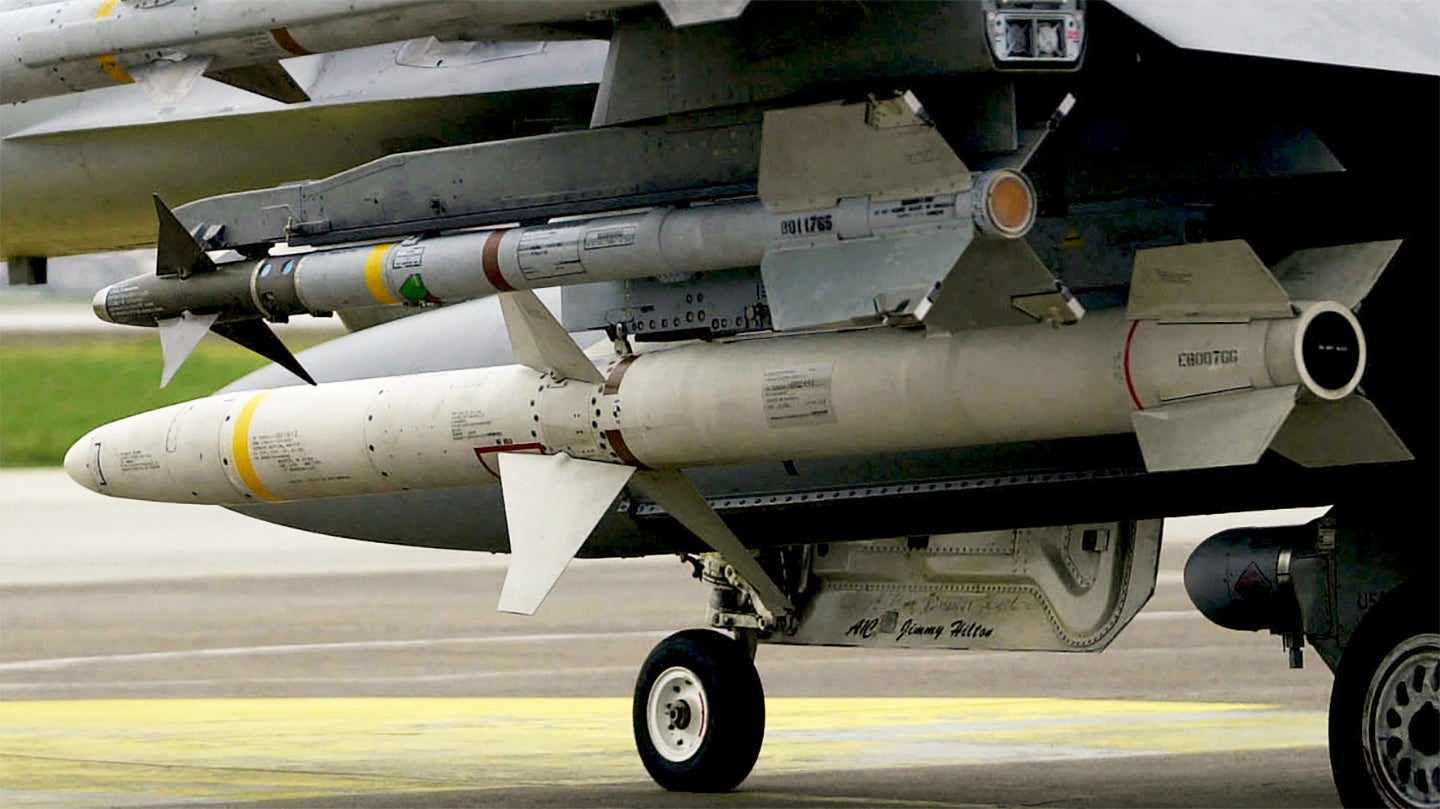petit_bateau
Active Member
air defenses ...
and Robotdyne
and
and Robotdyne
and
Last edited:
You can install our site as a web app on your iOS device by utilizing the Add to Home Screen feature in Safari. Please see this thread for more details on this.
Note: This feature may not be available in some browsers.
Given the continuing discussions about resilience or lack thereof in the Russian economy it seems appropriate to note the posted results of UK listed Tinkoff Bank. They have had unusual results among Russian banks and have grown from nothing to become one of the world’s largest online banks. Their resilience has useful insight into Russian domestic economy up to the end of last year. 2023 apparently has not had, thus far unusual strains on them. Management is essentially the same people who were there when it was formed in 2008, although shareholding has changed with the exit of Oleg Tinkoff, the founder, who is no longer in Russia.
The enormous strains of the war have been having huge consequences, as we often discuss. But, much of Russian business goes on with essentially ‘business as usual’, on the surface and in much of daily life.
Perhaps many of us are overly optimistic about the domestic strain resulting from the war. Frankly, the creativity of much of Russian business is proving much more resilient than we have imagined. The BRICS and their aspirants are trading with Russia, to their mutual benefit.
Boycotts and embargos work less well today. Even EU members like, for example Hungary, see no alternatives to Russian gas. When an Aeroflot B777 needs a new undercarriage, boycott or not, it appears. Chips from Pacific atolls, no problem.
Just as General Motors and IBM supplied Nazi Germany, these sanctions are growing more porous and less effective, just as the deleterious effects of the war are hitting both Russian and Ukrainian military resilience.
Sorry to be so pessimistic today. We can only hope the F 16’s etc begin to change the outlook, even before they actually arrive.

Elites turning on themselves - not a good sign for Russia.
Here's the tweet:
Now is also a good time to start training future Ukrainian fighter pilots who may not be graduated for a couple years. Ukraine should hopefully have 100+ F-16s by then. NATO and other countries should commit to all required training resources.
Imagine the game changer a few thousand of those micro-drones would make!
f16 in Ukraine...that's pretty funny really



